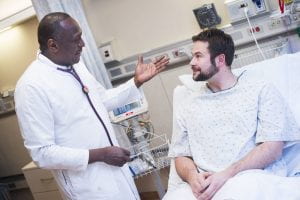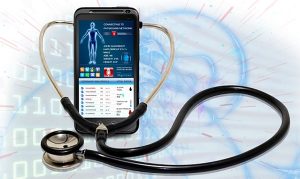by Oliver Quick, Co-Director, Centre for Health, Law and Society, University of Bristol Law School

Healthcare harm is a global public health problem. The World Health Organisation estimates that adverse events account for more deaths than either lung cancer, diabetes or road injuries, and that around 80% are avoidable. In low- and middle- income countries, poor quality healthcare accounts for 10-15% of deaths annually. Such statistics are striking if slightly simplistic in that unsafe care combines with pre-existing health conditions and diseases, and avoidability assessments are likely based on ideal, rather than real world, conditions. However, in England alone, the additional annual financial cost of providing further care to harmed patients would equate to employing over 2,000 salaried GPs and 3,500 hospital nurses, much needed given the high number of vacant positions in the NHS workforce. The annual cost of compensating and managing maternity negligence cases (£2.1 billion) now exceeds the amount spent on delivering babies (£1.9 billion.) Remarkably, there remains no coherent cross-government strategy and policy to address these spiralling costs.
(more…)

